Understanding the temperament and behavior of different dog breeds is crucial for potential pet owners, as it helps in selecting a companion that matches their lifestyle and living conditions. Among the varied personalities found in the canine world, some breeds are more prone to skittishness—a behavior characterized by nervousness or fear in new situations or environments. Skittish dogs may exhibit shyness, anxiety, or fearfulness around strangers, loud noises, or unexpected changes, making their care and socialization particularly important. This article delves into the nine most skittish dog breeds, exploring the reasons behind their cautious nature and providing insights into how to nurture and support them.
1. Chihuahua
Chihuahuas, despite their tiny size, have big personalities. However, they are also known for being particularly skittish around strangers and in unfamiliar environments. Their skittishness can be attributed to their small stature, making them more prone to feeling vulnerable. Proper socialization at a young age is crucial for Chihuahuas, helping them become more confident and less fearful of the unknown. Building a trusting relationship and providing a secure environment are key to managing their anxiety levels.
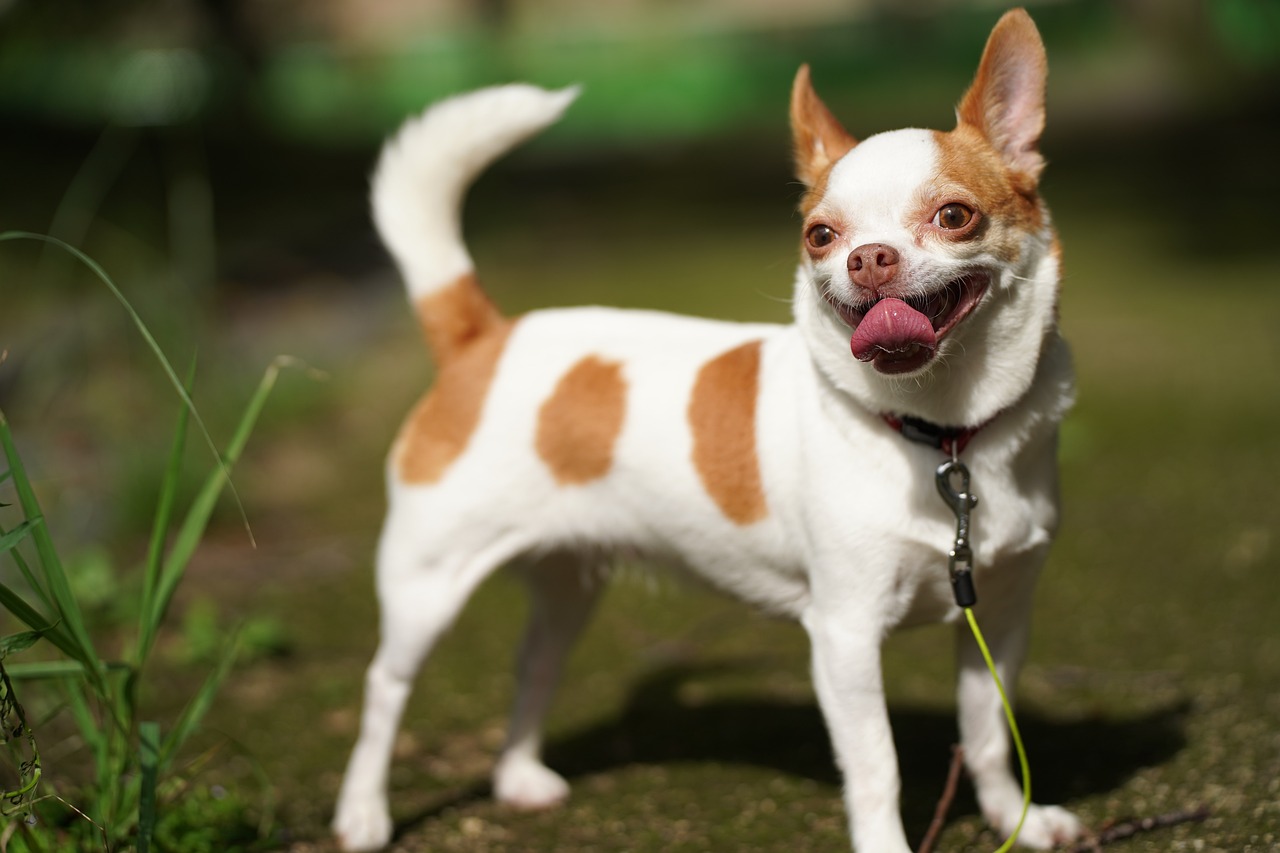
2. Greyhound
Greyhounds are sensitive and gentle dogs that can be surprisingly skittish, especially when faced with loud noises or fast-paced changes in their environment. Their skittish behavior can be traced back to their racing background, where they were exposed to highly controlled environments and routines. Greyhounds benefit from calm, patient training that respects their sensitive nature, along with consistent routines that help them feel secure.
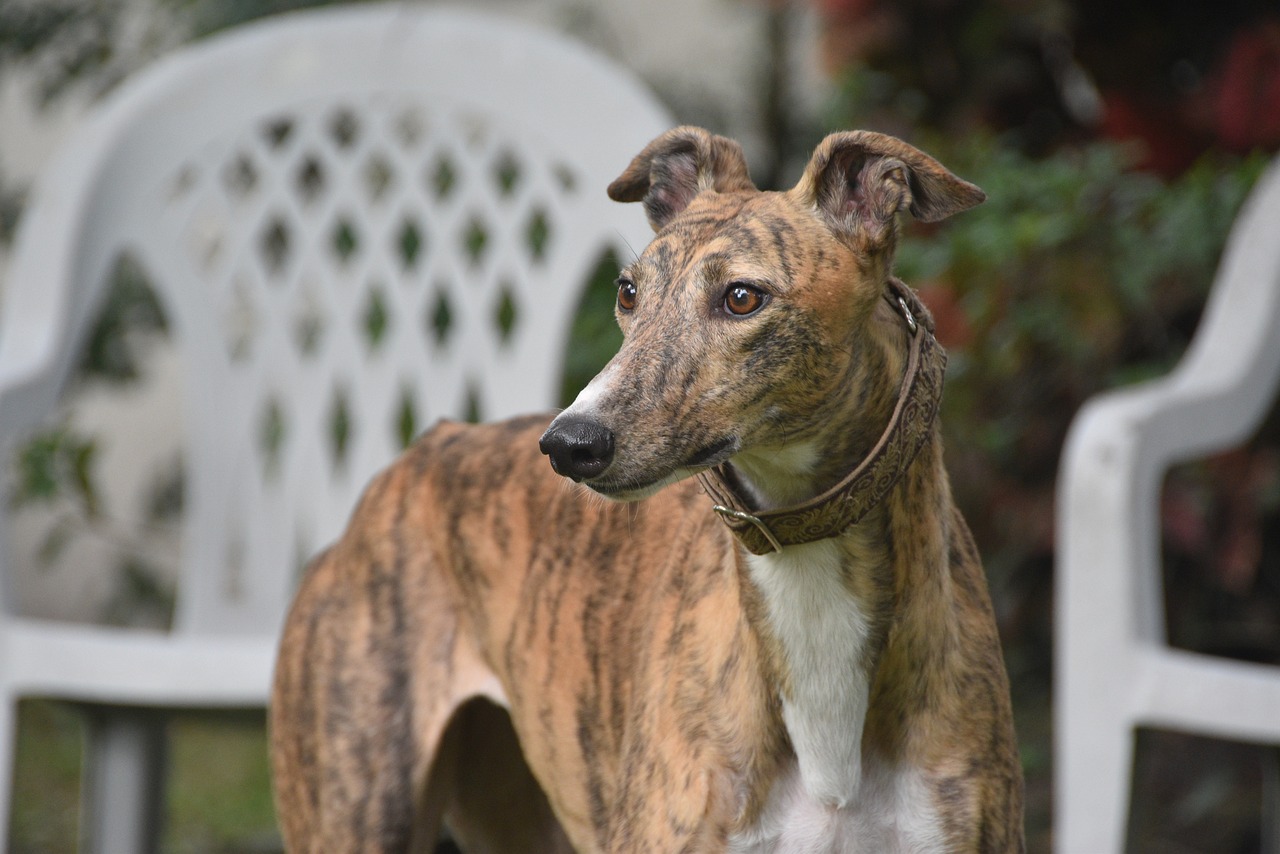
3. Shih Tzu
The Shih Tzu is a breed known for its affectionate nature, but it can also exhibit skittish behavior, particularly in noisy or crowded environments. Their apprehension can stem from their small size and a lack of exposure to diverse settings. Socialization and gentle, positive reinforcement training can help Shih Tzus become more comfortable and less fearful in various situations, enhancing their confidence.
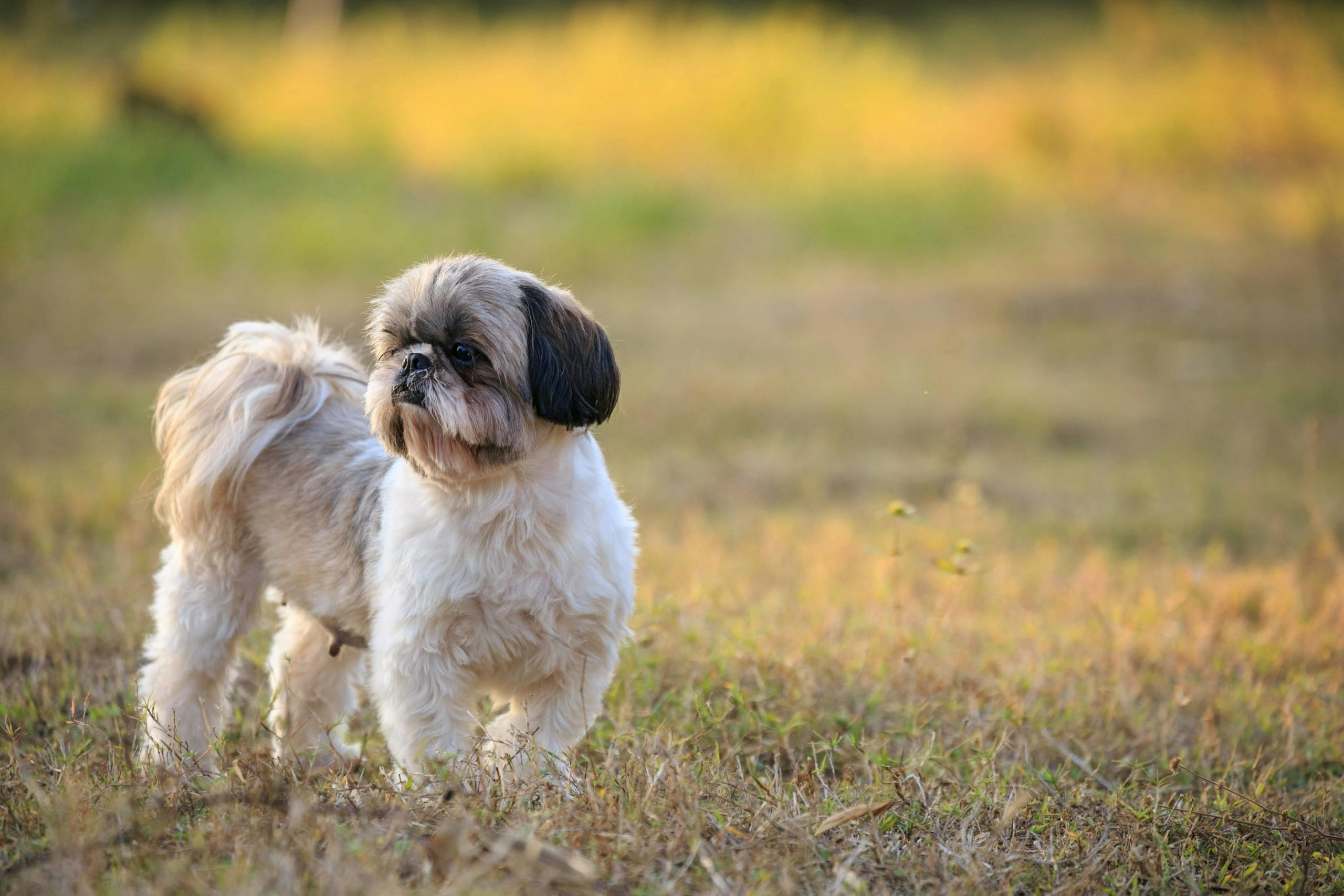
4. Border Collie
Border Collies, highly intelligent and sensitive dogs, can be skittish around unfamiliar people and situations due to their strong herding instincts. Their alertness and responsiveness to changes in their environment can sometimes manifest as skittishness. Engaging Border Collies in regular mental and physical activities can help channel their energy positively and reduce anxiety, while positive socialization experiences can help mitigate their cautiousness.
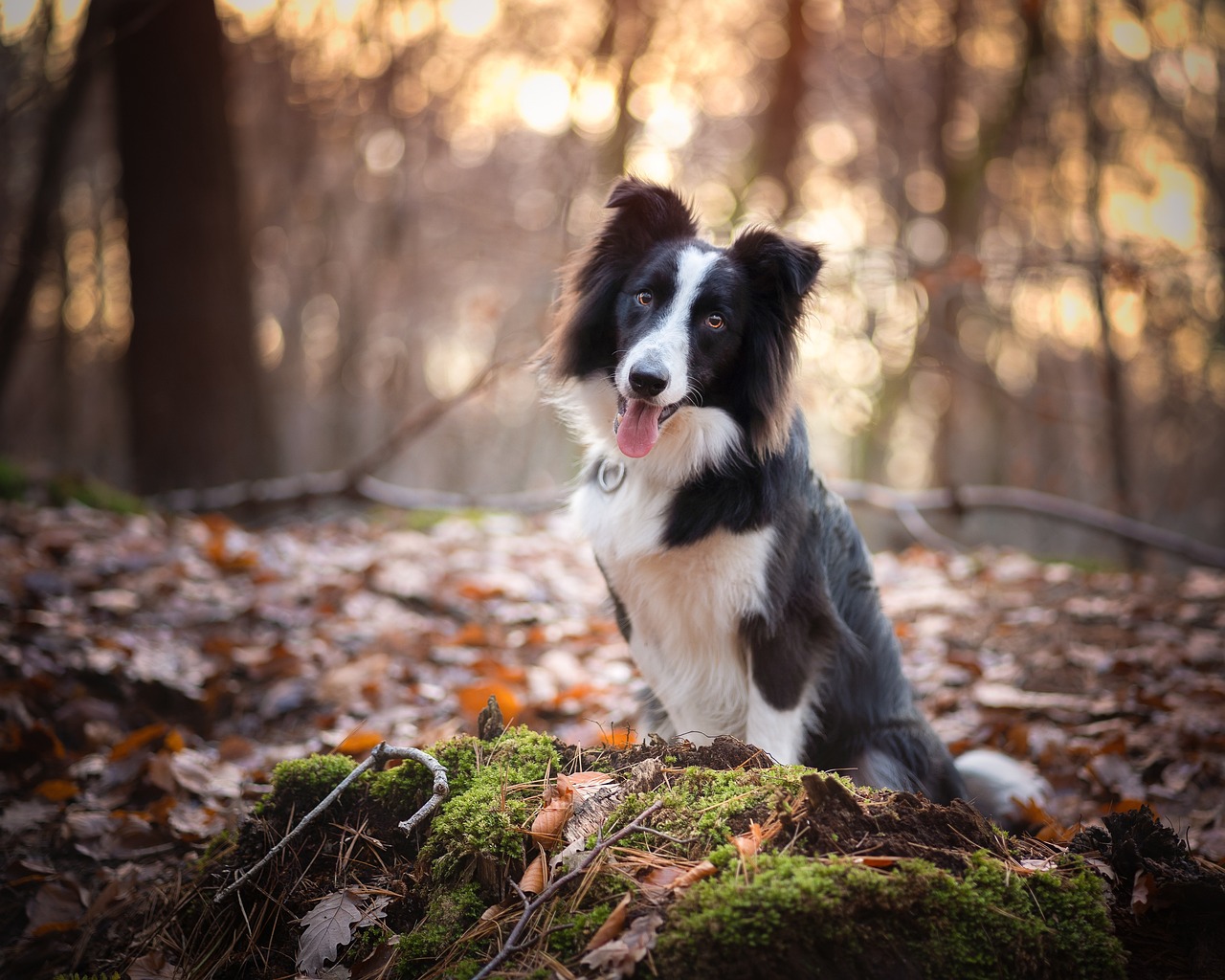
5. Whippet
Whippets are known for their gentle demeanor but can be skittish and timid, especially when faced with loud noises or sudden movements. Their sensitivity requires a patient and understanding approach to training and socialization. Providing Whippets with a peaceful environment and gradual exposure to different sights and sounds can help them become more adaptable and less prone to skittish behavior.

6. Papillon
Papillons are lively and intelligent, yet they can be skittish around strangers or in unfamiliar environments. Their small size may contribute to their cautious approach to new experiences. Early socialization and positive reinforcement training are essential for Papillons, helping them build confidence and reduce fearfulness in new situations.
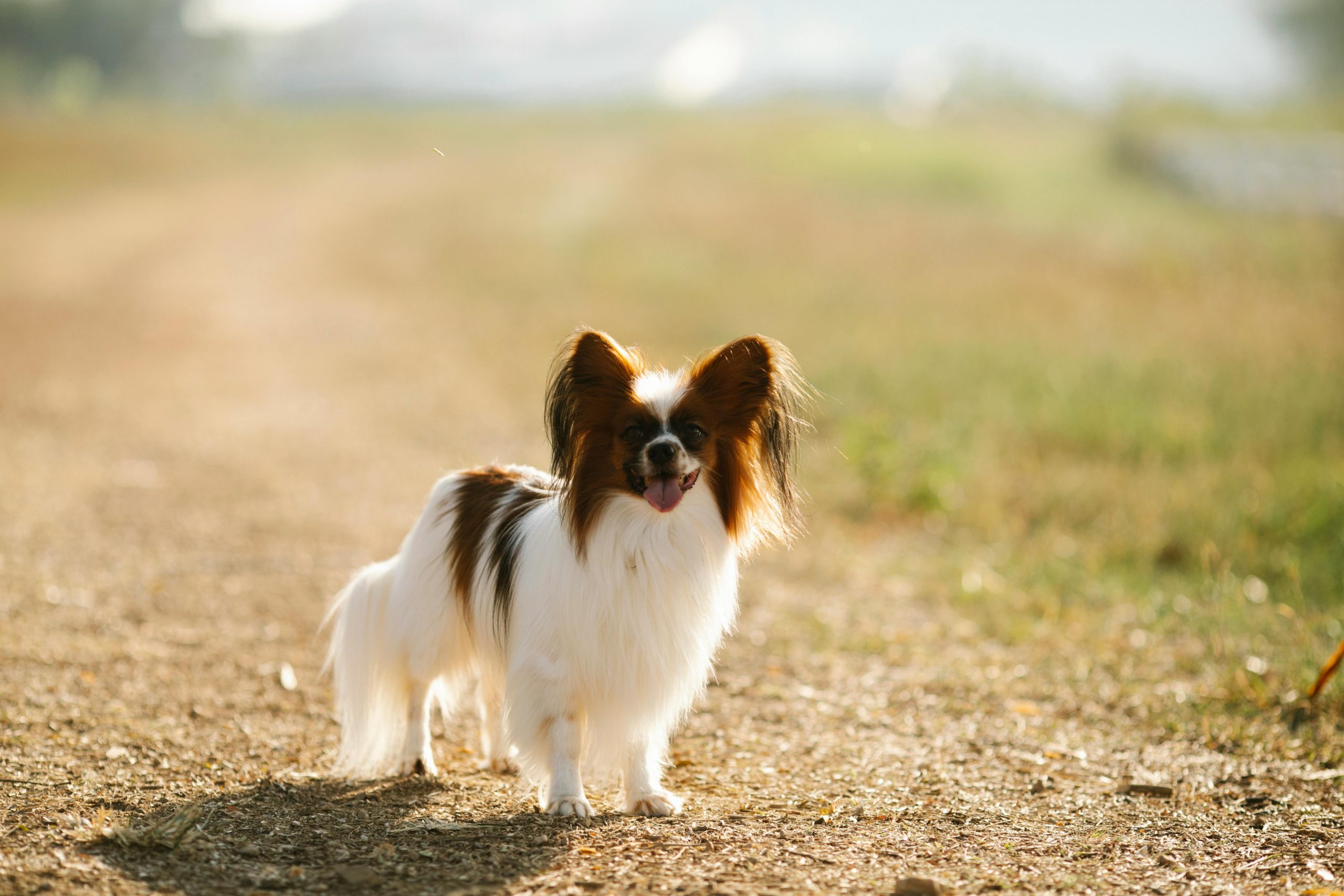
7. Italian Greyhound
Italian Greyhounds are affectionate and clingy with their owners but can be extremely skittish around strangers and in new environments. Their slender build and sensitive nature make them naturally cautious. Creating a routine and providing a calm, nurturing environment can help Italian Greyhounds feel more secure, while gentle socialization can gradually increase their comfort with new experiences.
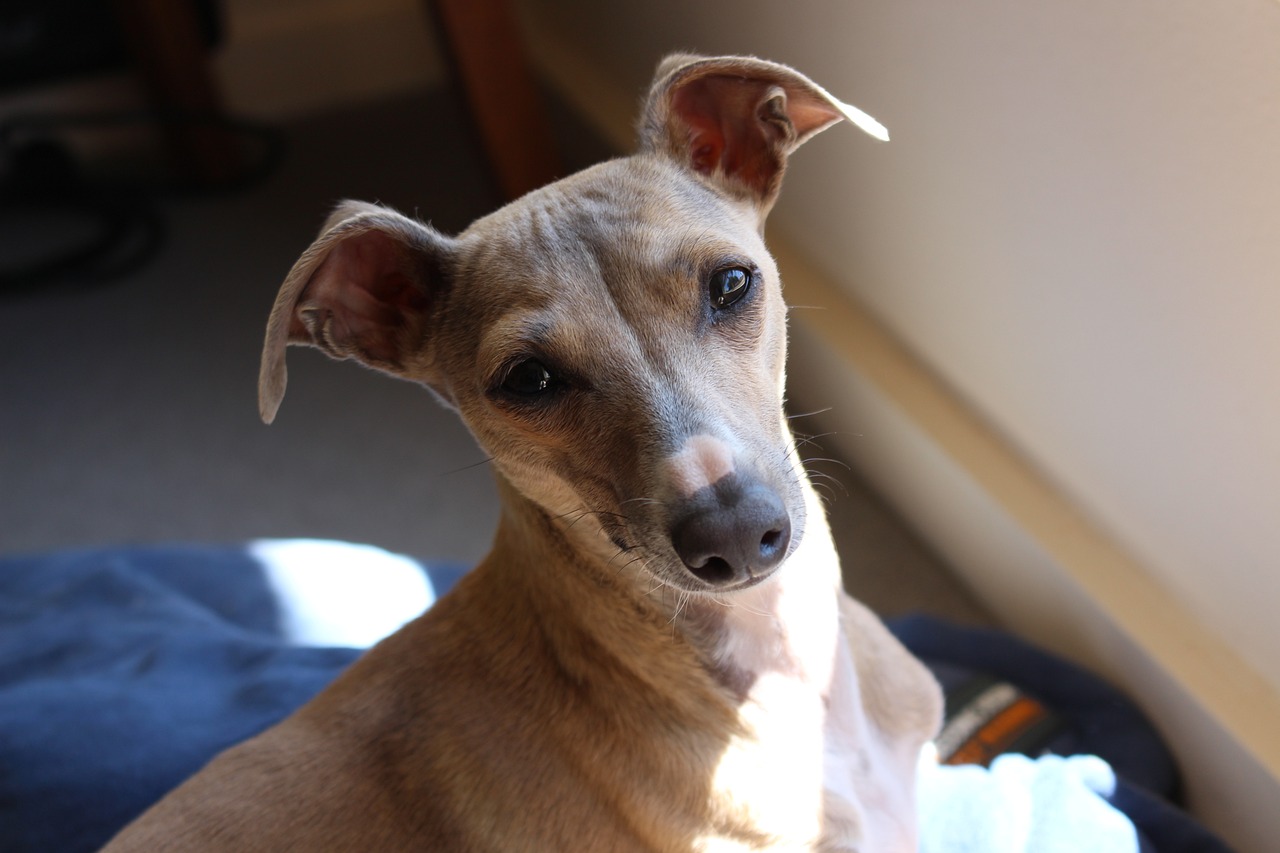
8. Toy Poodle
Toy Poodles are known for their intelligence and eagerness to please, but they can also exhibit skittish behavior, particularly if not properly socialized. Their wariness in new situations can lead to nervousness or anxiety. Engaging in positive, varied socialization experiences early in life can help Toy Poodles become more comfortable and confident in different settings.
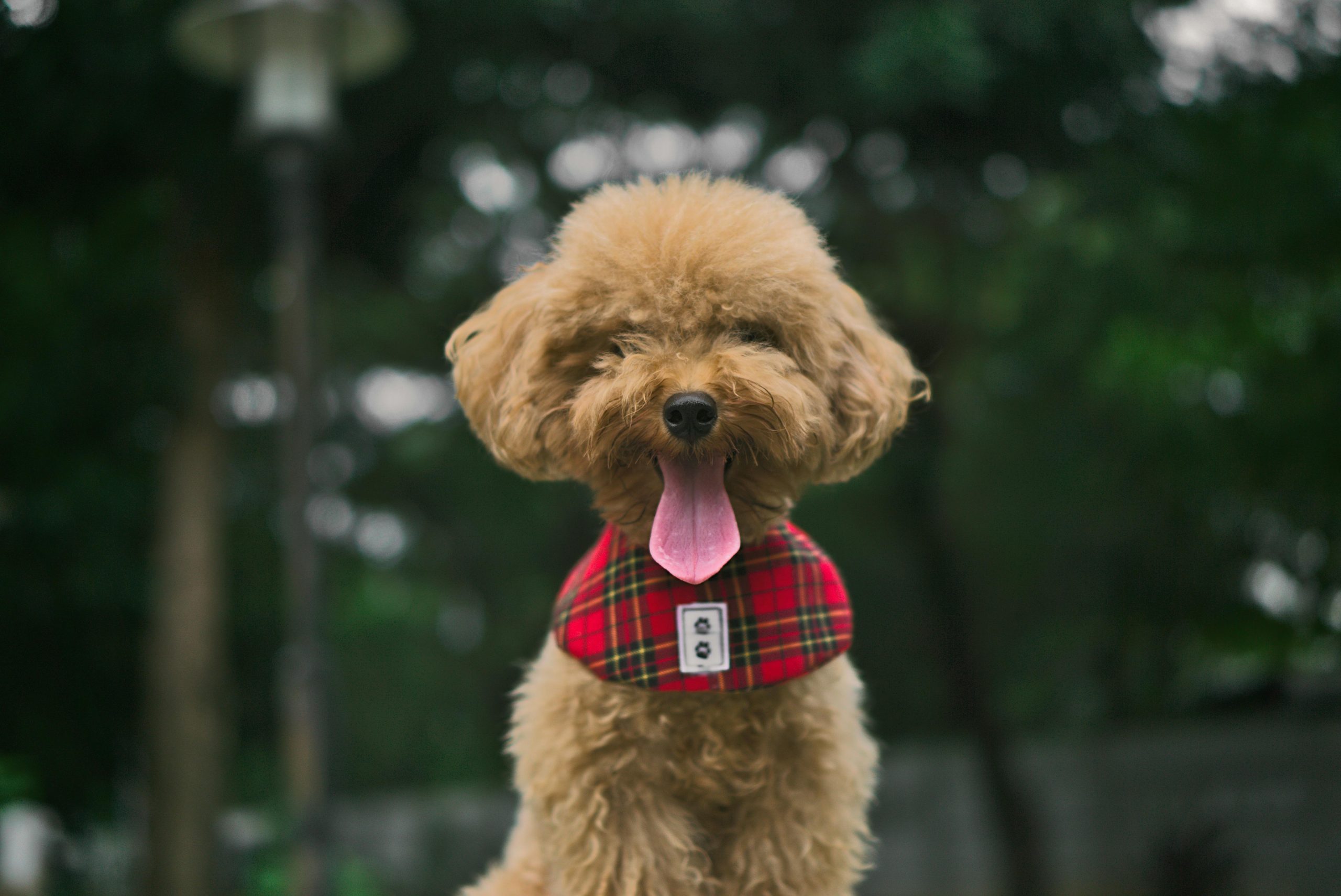
9. Dachshund
Dachshunds are courageous and curious by nature, but they can also be skittish, especially around larger dogs and in new environments. Their behavior can be attributed to their hunting background, where cautiousness was a valuable trait. Proper socialization and positive reinforcement training can help Dachshunds overcome their skittishness, making them more confident and well-adjusted pets.
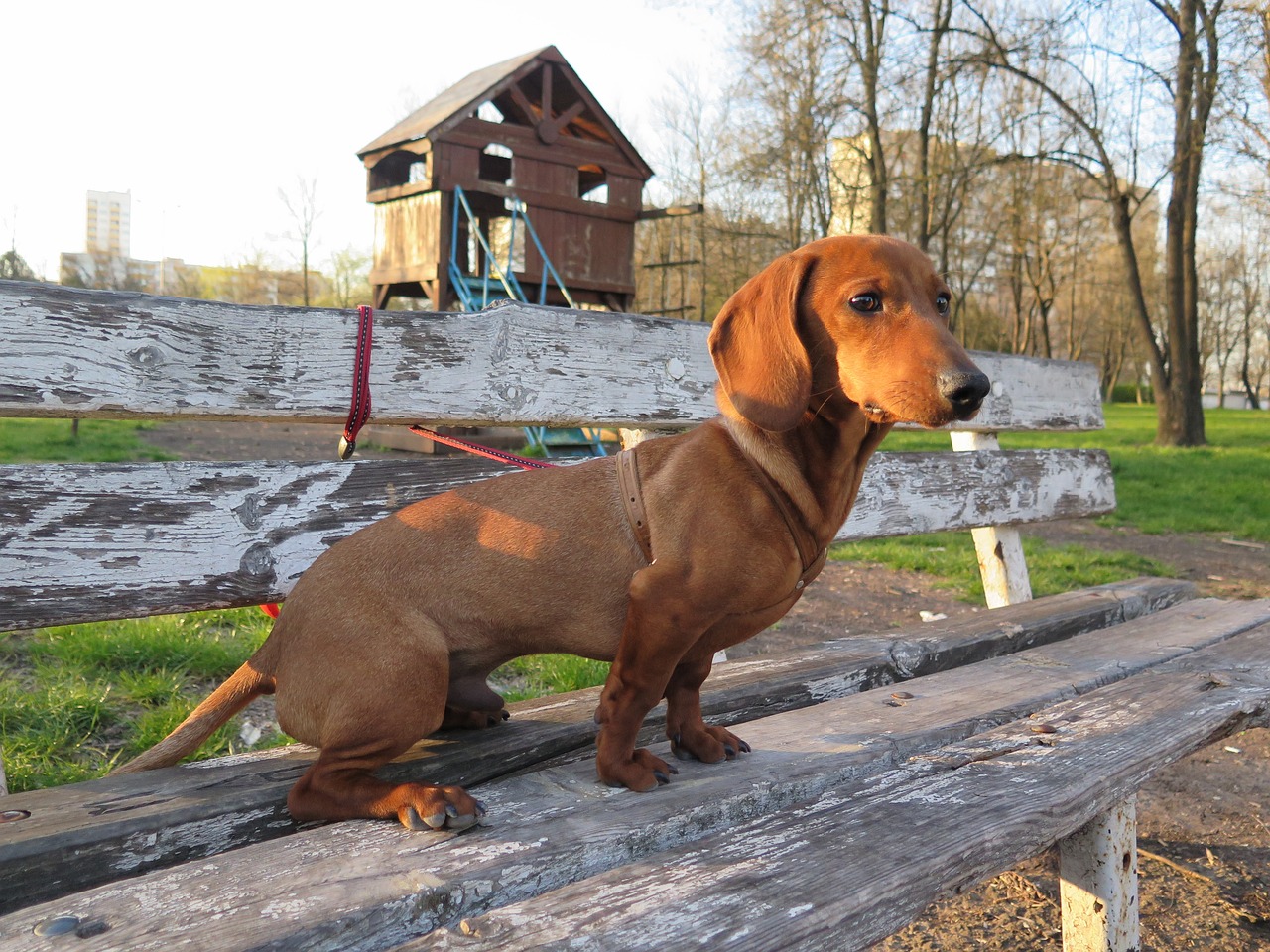
Skittishness in dogs, while challenging, can be managed with patience, understanding, and proper care. Recognizing the signs of anxiety and fearfulness in these breeds is the first step towards helping them lead more confident and happy lives. Through early socialization, consistent training, and a supportive environment, skittish dogs can learn to navigate new experiences with less fear. Owners of these breeds should be prepared for a journey of patience and love, as they work to build trust and confidence in their furry companions.
 Toledo, United States.
Toledo, United States.